PropertyGuru names Disha Goenka Das as CMO
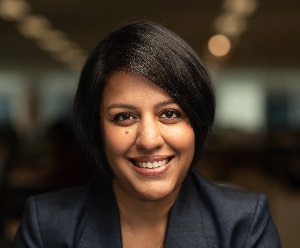
Her responsibilities as CMO include brand strategy, corporate communications, and environmental, social, and governance (ESG) initiatives.
Emergency regulation replaces job creation law in Indonesia

The law is amended to include a component for the formula used to determine minimum wages that take purchasing power into consideration.
Indonesia’s salary hike in 2023 expected to exceed APAC average
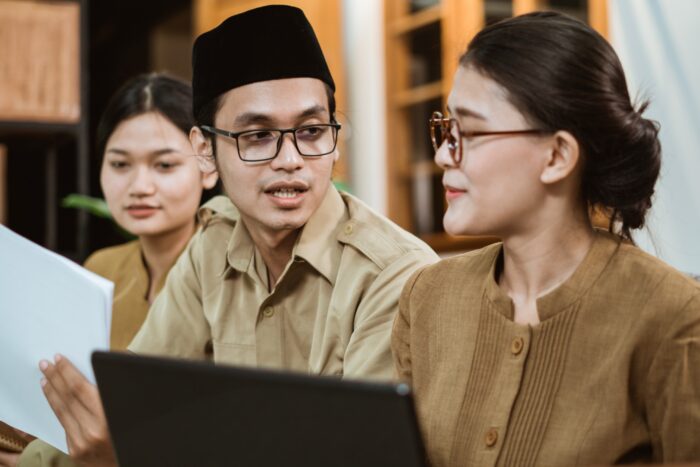
Bonus payouts will be higher in Indonesia this year, and salary increases will follow in 2023, a Mercer report has predicted.
Digital platform provides growth opportunities for Indonesia’s MSMEs

The government is aiming to bring at least 30 million MSMEs onboard the digital ecosystem by 2024 and to nurture more digital talents.
Indonesia sets 10% ceiling on wage hike for 2023
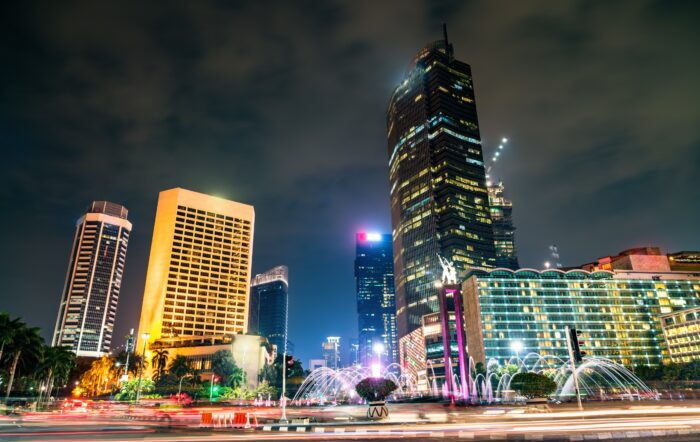
Adjustments to the minimum wage are determined by combining inflation, economic growth, and the productivity at work factor of respective provinces.
Indonesia looks to create jobs with investments in green economy

Employment opportunities related to environmental responsibility activities are expected to increase, predicted Indonesia’s central bank.
Indonesia to improve quality of workforce human resources
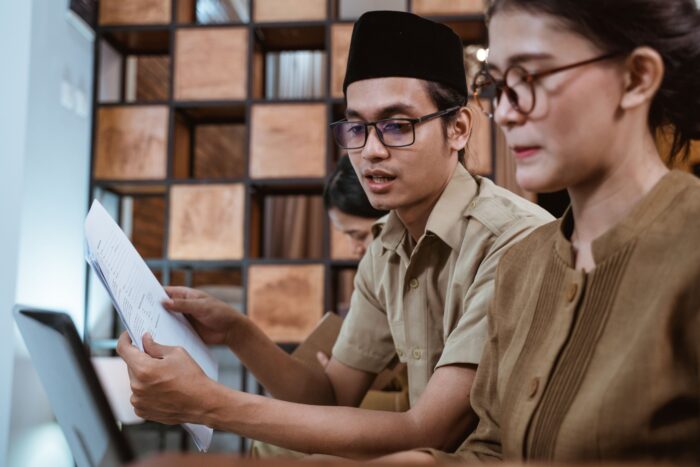
Efforts continue to be made to improve human resources and develop vocational education to achieve inclusive and equitable development.
Indonesia considers minimum wage hike in 2023
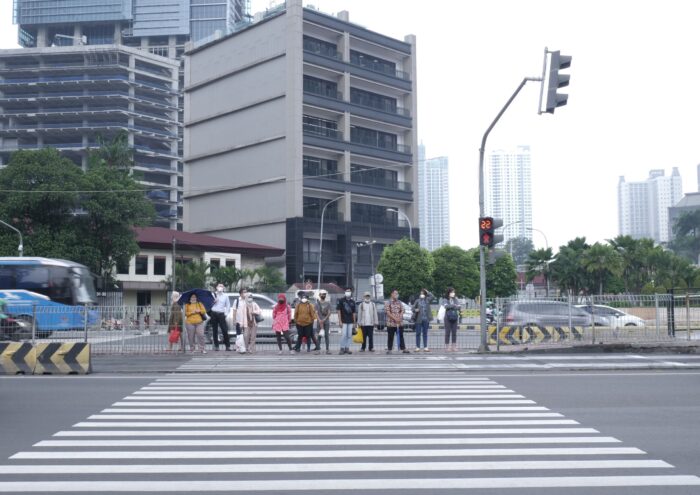
The Manpower Ministry is still finalising details on workers’ minimum wage in 2023, which will be announced at the end of November this year.
Indonesia looks to train more tech literate workers
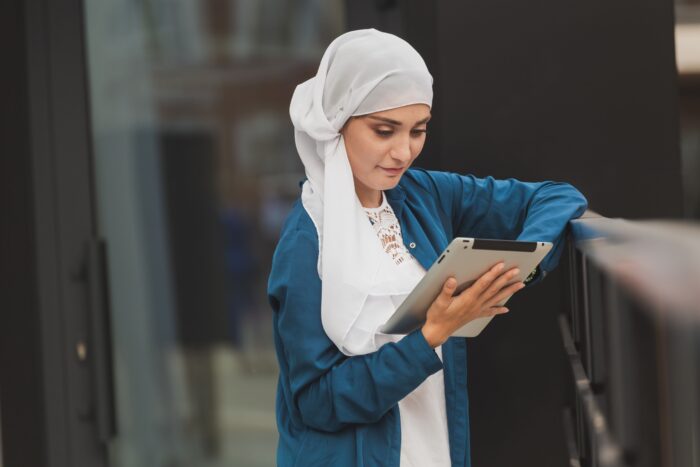
Indonesia would need 17 million workers who are able to use and manage technology, said State-Owned Enterprises (SOEs) Minister Erick Thohir.
Indonesia to improve job training for PWDs

The Social Affairs Ministry will be improving training for people with disabilities to widen their access to job opportunities or employment.
Reimagining work: How CHROs are leading from the front
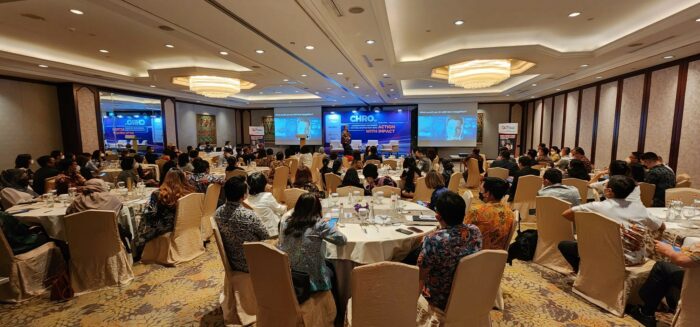
Organised by HRM Asia, the CHRO Series Indonesia is kicking off today at the Shangri-La Hotel in Indonesia.
Indonesia boosts women’s work participation

Employees’ skills, financial independence, and financial inclusion have so far been improved through the Pre-Employment Card Programme.
Indonesia strives to nurture digital talents
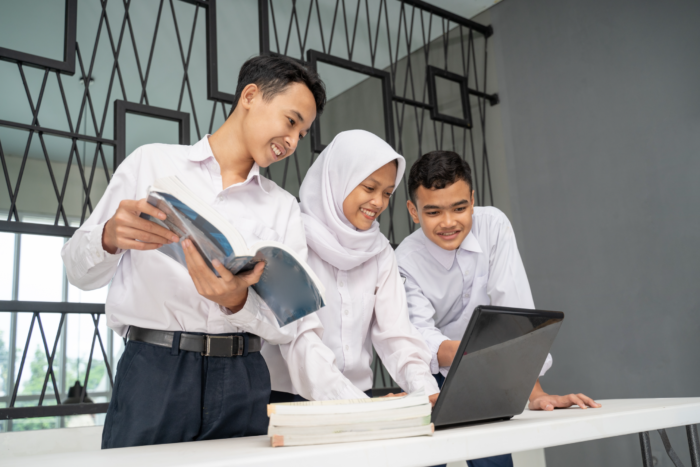
To achieve its goal of 9 million digital talents by 2030, the nation needs to produce 600,000 digital talents a year.
Indonesia focuses on female workers’ health and welfare
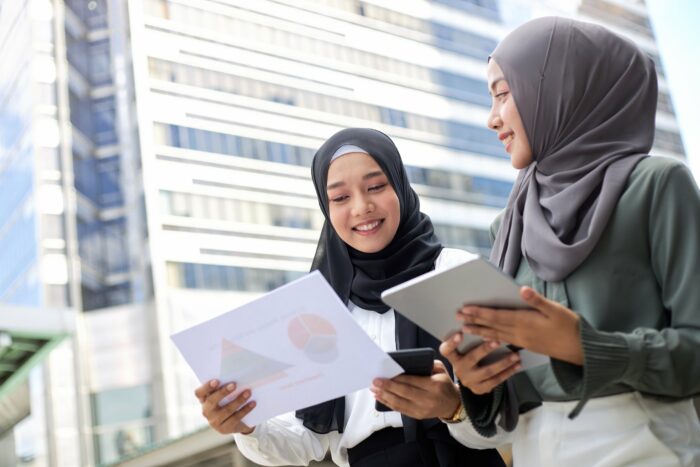
Companies in Indonesia have been urged to invest in female workers’ health to increase business productivity and employee loyalty.
Indonesia advocates workplace safety and health

Organisations have been urged to implement and observe labour norms that address wages, social assistance, as well as work safety and health.
Indonesia prioritises discrimination-free workplaces

As sexual violence cases have a detrimental effect on productivity, it is critical that companies prevent such incidents, said the Manpower Ministry.
Employees’ salaries projected to increase in 2023

Asia Pacific is expected to see wages rise next year due to a tight labour market and rising inflation concerns.
Navigating a new world of work in Indonesia

Organised by HRM Asia, CHRO Series Indonesia will explore the latest hybrid work models that can empower leaders to build successful HR teams.
Indonesia prioritises more inclusive workplaces
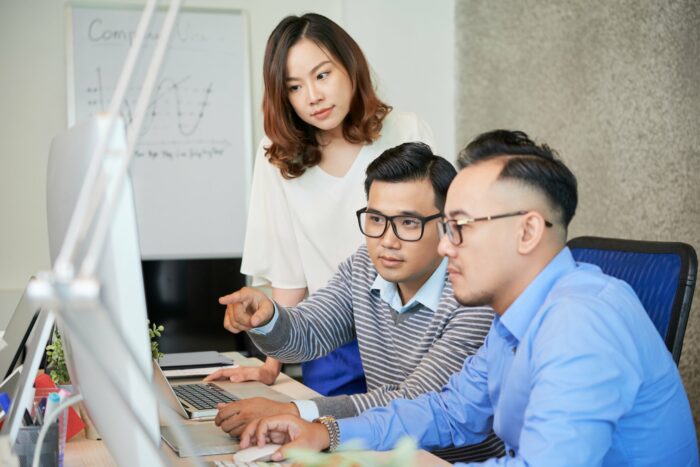
Ensuring workers’ rights is key to building inclusive and safe work environments in a recovering world of work, says Vice President Ma’ruf Amin.
Indonesia’s wage subsidy support to reach 16 million workers

The Ministry of Manpower is making efforts to ensure that the wage subsidy assistance (BSU) can start to be distributed this month.
Indonesia wants more businesses to be digitalised
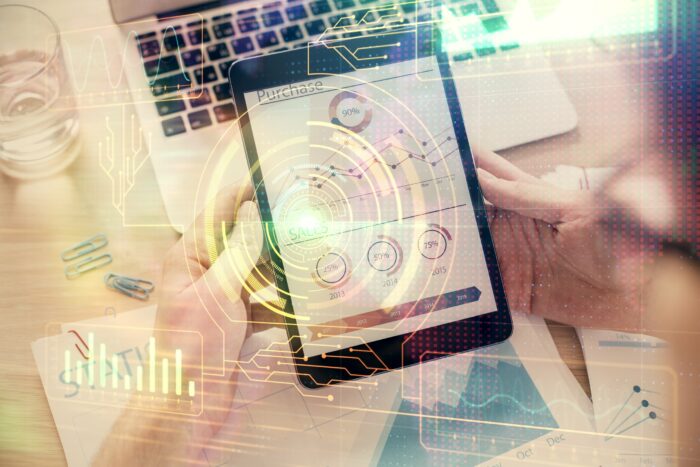
The country targets 30 million MSMEs to join the digital ecosystem by 2024, saying this will help boost employment.
Indonesian firms obligated to create wage structure
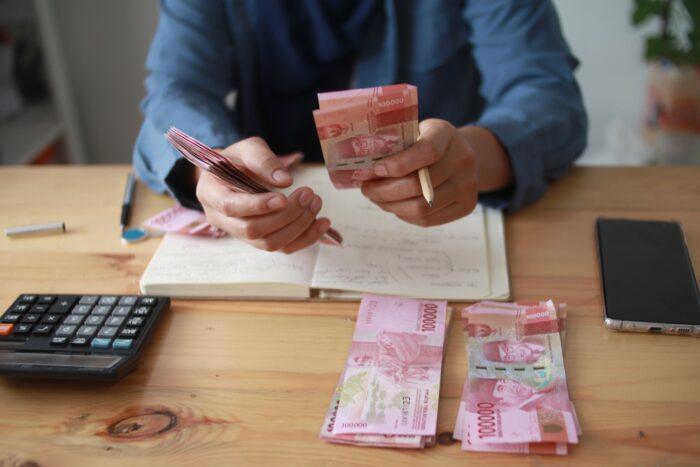
Besides serving as a guideline for businesses, the move will also bridge the gap between the lowest and highest earnings.
Companies in Indonesia urged to enhance work health and safety

The government has urged firms to implement the Work Safety and Health Management System (SMK3) to protect workers and enhance work productivity.
CHRO Series Indonesia: Putting HR strategy into action with impact
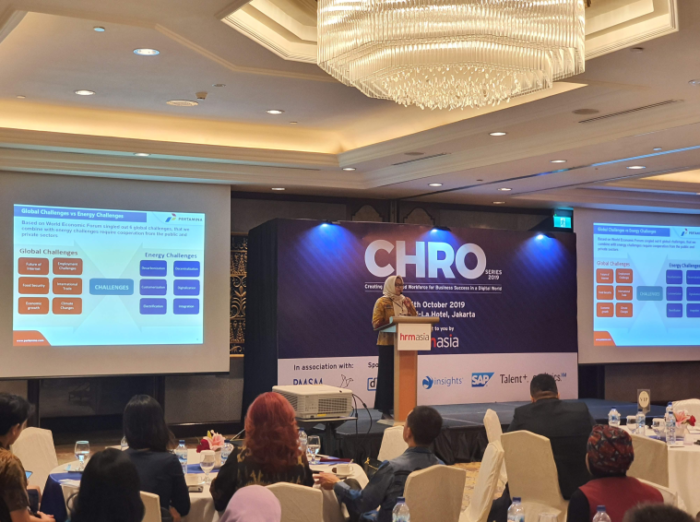
HRM Asia’s CHRO Series Indonesia will return for its 7th edition on October 20 this year at Shangri-La in Jakarta.
Indonesia outlines recommendations for developing tomorrow’s workforce

To produce human resources that are relevant to industrial dynamics, educational curricula that focus on practical skills are imperative.
Indonesia backs tech adoption by MSMEs

Digital transformation is critical for micro, small and medium enterprises (MSMEs) in Indonesia to improve efficiency and business development.
Indonesia provides support for creation of startups

A new programme aims to ensure startups have strong financial fundamentals, legal aspects, and intellectual property.
Informal workers in Indonesia hit all-time high
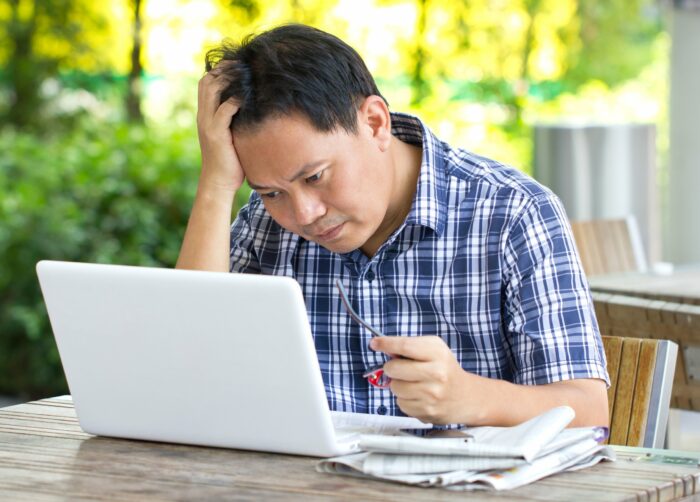
In the early days of the pandemic, the percentage of informal workers was 56.64%, but this continued to increase till almost 60% as of this February.
Indonesian ministry backs maternity leave provision of six months
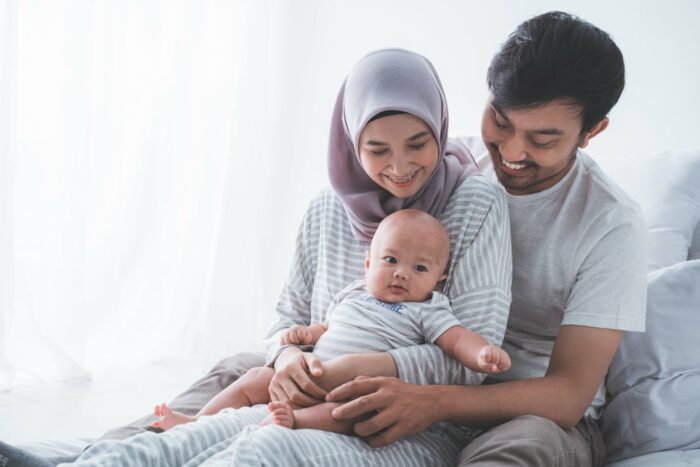
Sufficient leave would help mothers spend more time to stimulate their children, which can support the child’s growth and development, says Kemenko PMK.
Indonesia empowers women in the workforce

The government is supporting MSMEs led by women by providing easier access to funding for both capital and product development.
